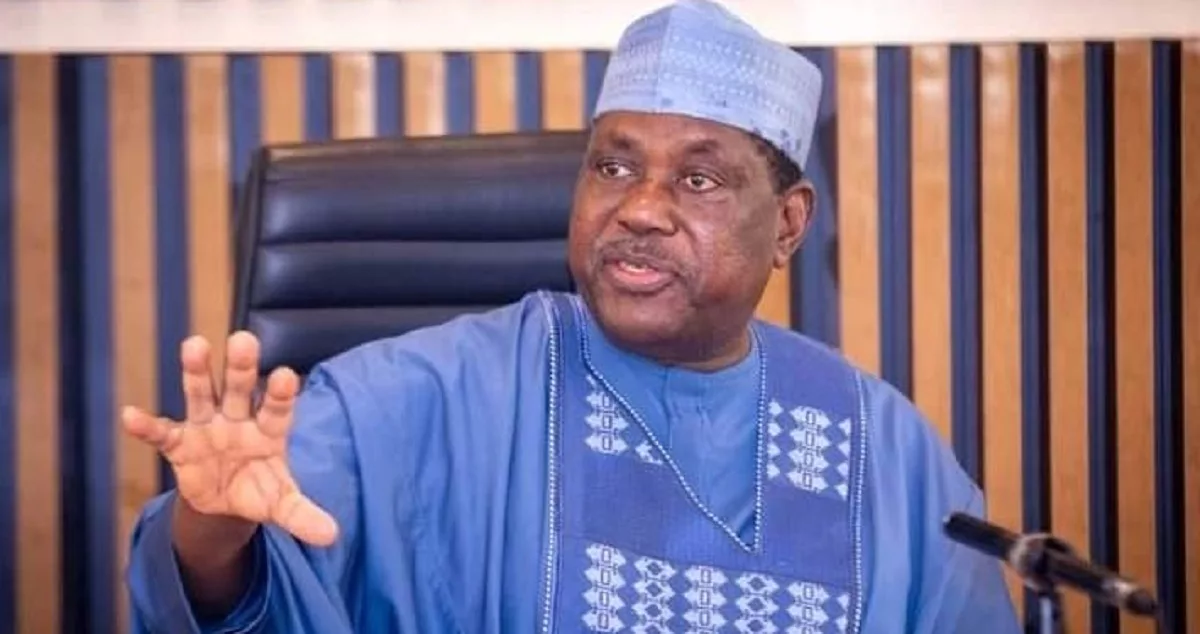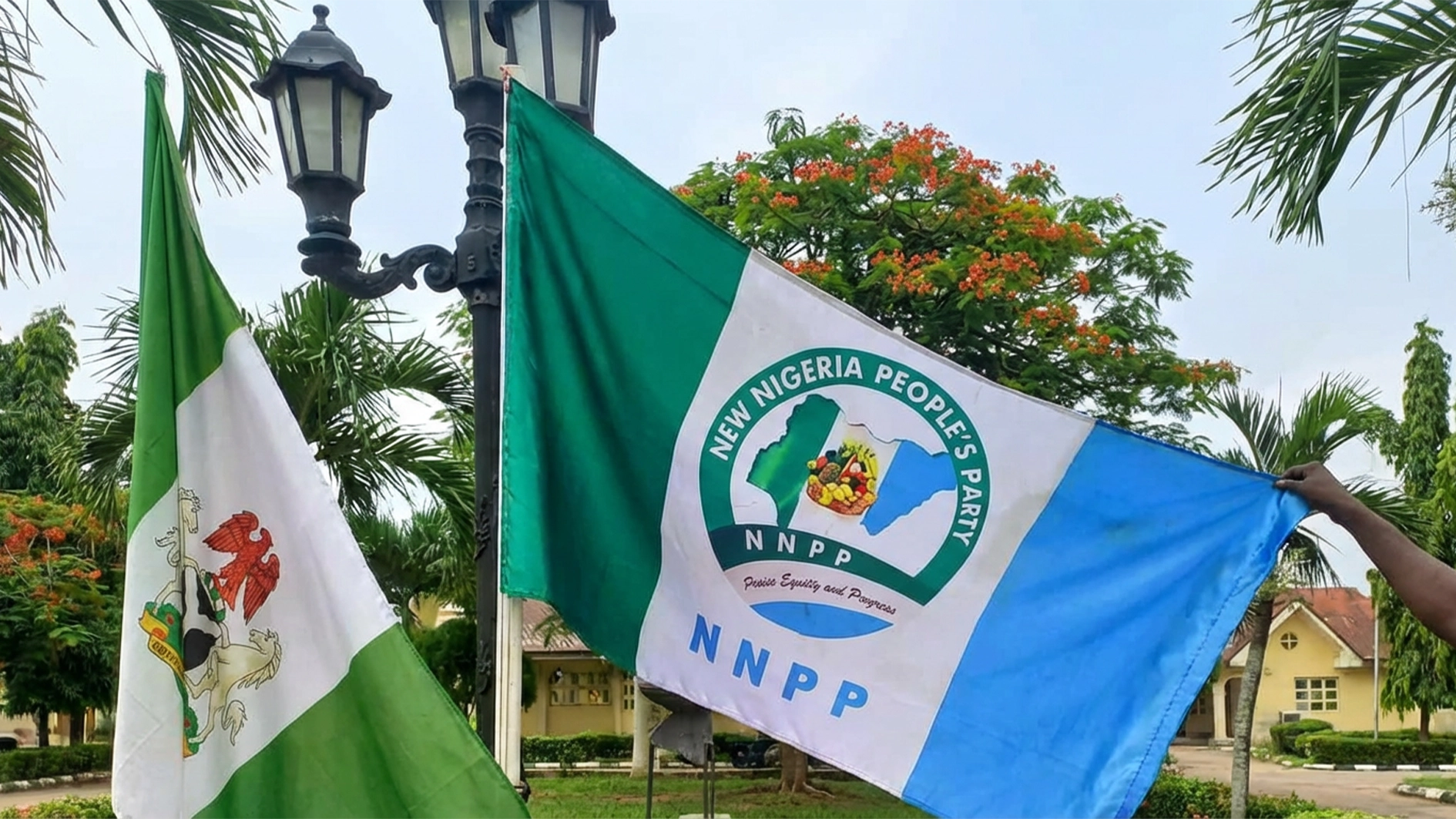• Urges Lagos civil servants, politicians to declare assets in agency’s portal
• Says anti-corruption reforms not sole responsibility of govt agencies
The Code of Conduct Bureau (CCB) has said that anti-corruption reforms are not the sole responsibility of government agencies but a collective responsibility that requires citizens’ active participation as corruption remains one of the most formidable obstacles to the nation’s development.
Chairman of the Bureau, Dr Abdullah Bello Usman, who was represented by the Head, Department of Education and Advocacy Services, Edward Koyonda, stated this during a two-day workshop on online assets declaration system organised by the CCB, in collaboration with Centre for Social Justice (CSJ) and Rule of Law and Anti-Corruption (ROLAC), for public and civil servants in Lagos State.
According to him, as part of efforts to check corruption, the agency is moving towards politicians and public servants declaring their assets online instead of the manual format.
Usman, who noted that corruption erodes public trust, stifles economic growth and perpetuates inequality, said: “The CCB, as a cornerstone of Nigeria’s integrity framework, recognises that declaration of assets is not just a statutory obligation but a moral imperative. While public officers must comply, the CCB must enforce compliance.
“It is the bedrock of ethical governance. We cannot ignore the reality of our time. Manual systems are susceptible to inefficiency, opacity and abuse. This is why the transition to a digital assets declaration platform is not just an upgrade but a revolution.
“By leveraging technology, we will eliminate bureaucratic bottlenecks, reduce human interference and create an acceptable trail that deters malfeasance. This system will empower public officials to declare assets seamlessly while enabling real-time monitoring by shareholders.
“This workshop, however, is not merely about deploying tools. It is about building capacity, fostering ownership and nurturing collaboration.”
He, therefore, reaffirmed the agency’s commitment to continually innovate, collaborate and enforce compliance without fear of favour.
In his opening remarks, Executive Director CSJ, Eze Onyekpere, noted that the Constitution of Nigeria mandates every public officer, from the cleaner in the local councils to the President, to declare their assets and liabilities at given periods.
Onyekpere, who was represented by Martins Uzochukwu Eke, said: “It also establishes the Code of Conduct Bureau which oversees and manages the assets and liabilities declaration system. If every public officer complies with the law, there will be no less than 10 million declarations of assets and liabilities.”
The Senior Programmer Manager, Community Life Project, Francis Onahor, in his goodwill message, said that the workshop marks a significant step towards promoting accountability within the public service.






